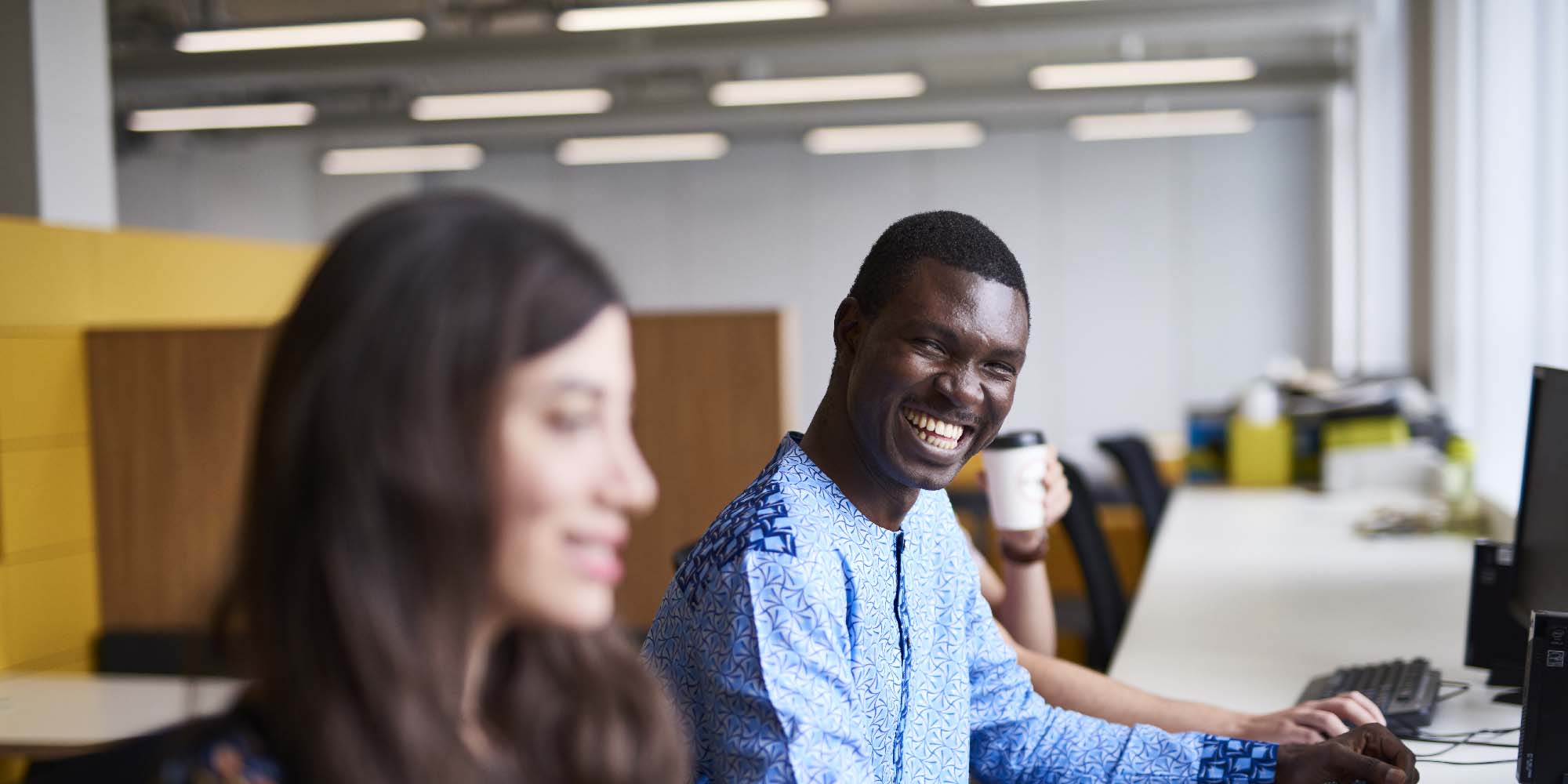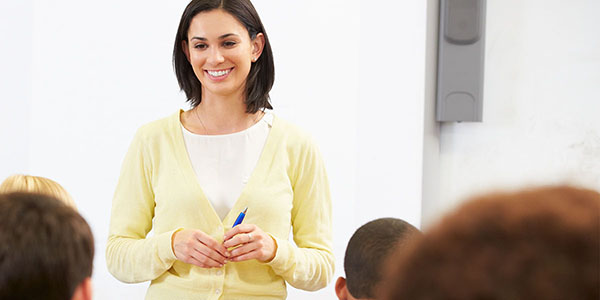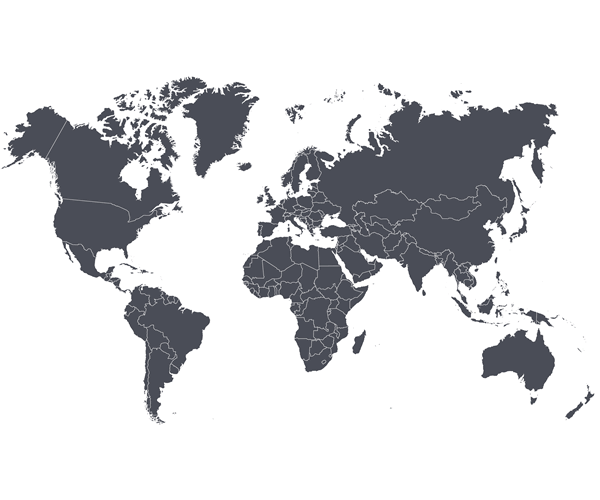| Name |
Areas of expertise |
| Dr Paul Adams |
- education policy
- pedagogy
- PSHE and citizenship
- educational theorising
- positioning theory
|
|
Dr Laela Adamson
|
- language-in-education policy and practice in sub-Saharan Africa and other postcolonial contexts
- the Capability Approach
- education and international development policy and practice
- education and social justice
- diversity, recognition and belonging in UK schools, including decolonisation of the curriculum
|
|
Dr Celia Antoniou
|
- second/foreign language pedagogy; multilingualism; applied linguistics
- TESOL student/teacher agency and motivation
- TESOL teacher training/development
- L2 curriculum and materials development
- L2 learning technologies, GEN AI
|
| Dr Lorna Arnott |
- early childhood education and early experiences
- early childhood digital play
- innovative methodologies and voice with children under 6 years old.
- early childhood creative play
- early childhood peer cultures and social play
|
| Dr Farid Bardid |
- motor development and learning
- health-related factors of children’s motor skills and physical activity (esp. psychosocial and cognitive factors)
- developmental trajectories of health (esp. motor skills and physical activity)
- pedagogy in physical activity, physical education and sports
- development and evaluation of movement programmes
|
| Dr Ingeborg Birnie |
- Gaelic (medium) education
- language revitalisation including in digital domains
- minority Languages in education
- minority language rights
- languages and language use in education and society
|
| Prof Claire Cassidy |
- philosophy with children/practical philosophy
- children and childhood studies
- human rights education/children's rights
- children's voice, participation, and citizenship
- inquiry and critical thinking
|
| Dr Osman Coban |
- children’s reading practices and children’s literature
- Artificial Intelligence (AI) in education (in particular, its current and emerging impact on educational theory, classroom practice, and pedagogical approaches)
- inclusive education
- TESOL and multilingualism in early years and primary education
- collaborative reading practices and its role in education
|
| Dr Angela de Britos |
- bilingualism and bilingual education
- biculturalism and cultural studies
- English as an additional language/ ESOL
- immigrants, refugees and asylum seekers
- teaching and learning of modern (foreign) languages
|
| Prof Jonathan Delafield-Butt |
- autism, infant and child development
- intersubjectivity, embodiment, social and emotional development
- serious games in learning and assessment
- machine learning and data science analytics
- interdisciplinary research between engineering, psychology, psychiatry, and education
|
| Dr Jane Essex |
- STEM education including outreach and public engagement
- inclusive science
- inclusion/ disability studies
- teacher education for inclusive practice
- co-creation and socially just research methodologies
|
| Dr Jonathan Firth |
- memory, metacognition and teacher professional learning
- evidence-informed approaches to learning, study skills, and assessment
- use of field experiments, metacognition research, meta-analysis and systematic review
- teaching of school (pre-tertiary) psychology, including online teaching
- the psychology of learning, including learning theories
|
| Dr Katja Frimberger |
- phenomenological-hermeneutic; conceptual research.
- philosophy of film/cinema as education; cinematic representations of pedagogical relationships.
- philosophy of theatre as education, e.g. in acting/directing theory and practice.
- concept of Bildung/(self)formation/through the arts/ in the Catholic intellectual tradition (e.g. Meister Eckhart; Jacques Maritain).
|
| Dr Navan Govender |
- critical literacies for engaging (a)gender and (a)sexual diversity (i.e., queer critical literacies) and/or race and ethnicity (i.e., critical race literacies) in English language, literature, and literacy education
- multimodality and (re)design
- (multimodal) critical discourse analysis (including social semiotic and discursive-material approaches)
- critical and queer (auto)ethnography
- critical, queer, and decolonial praxis in teacher/higher education
|
| Dr Stephanie Hardley |
- socioecological models and whole school approaches to health and wellbeing promotion
- socioeconomic disadvantage, stigma, and education effects
- curriculum and policy discourse analysis
- interdisciplinary work - using psychology, sociology, public health, and education theories to conceptualise school health promotion
- qualitative research methods
|
| Dr Alan Huang |
- second/foreign language learning and teaching
- metacognition and learning
- teacher professional learning
- educational technology
- TESOL and applied linguistics
|
| Dr Katie Hunter |
- educational Inequality
- adult and Community Learning
- mentoring Interventions
- reading and literacy interventions
- qualitative Research
|
| Dr Sharon Hunter |
- human rights
- inclusion
- philosophy of childhood
- academic literacy
|
| Dr Mariya Ivancheva |
- higher education: political economy, labour, and management
- comparative, historical and geopolitical topics in university education, including socialist/alternative experiments
- academic and teaching identities and social movements for change
- political economy of digital education, AI, outsourcing and automation
- gender/race/class/intersectional inequalities and social justice in education
|
|
Dr Tomasz John
|
- TESOL, language education, and curriculum development
- multilingualism and intercultural communication
- Global Englishes and English as a Medium of Instruction (EMI)
- internationalisation of higher education
- social justice in English language teaching
|
|
Dr Ambika Kapoor
|
- Social and Environmental justice and children's geographies
- Children's voice and agency
- Global Childhoods (with a focus on the Global South)
- Rights based policies related to children
- Ethnography and research methods with a focus on children's voice
|
|
Dr Eleni Karagiannidou
|
- digital literacies, inclusion and pedagogy
- gen-AI technologies, learning and teaching (across all levels)
- transitions
- early childhood education and early experiences
- mixed and quantitative methods
|
| Dr Karsten Kenklies |
- LGBT issues in educational theory (conceptual or historical non-empirical research)
- intercultural comparison in educational theory (conceptual or historical non-empirical research)
- hermeneutic pedagogy (conceptual or historical non-empirical research)
- aesthetics & educational theory (conceptual or historical non-empirical research
- Japanese education (conceptual or historical non-empirical research)
|
| Prof David Kirk |
- curriculum development and change
- curriculum history
- models-based practice in physical education
- Bernstein and the social production of pedagogic discourse
|
| Prof Markus Klein |
- social inequalities in education
- child development
- social mobility
- comparative research
- secondary data analysis
|
| Dr Cara Lamb |
- gender and physical education
- models-based practice in physical education
- activist research
- social justice issues in education
- qualitative research.
|
| Dr David Lewin |
- philosophy of education
- technology and education (conceptual and philosophical approaches particularly)
- religion, spirituality and education
- mindfulness and contemplative practices
- ethics, values, virtues and moral education
|
| Joanna McPake |
- bilingualism and bilingual education
- language learning and teaching
- Gaelic-medium education
- minority language revitalisation
- ethnographic and ethnomethodological approaches to analysis
|
| Dr Joan Mowat |
- inclusion, policy and practice, with a specific (but not exclusive) focus on children with social, emotional and behavioural needs
- the mental health and well-being of children and young people
- issues around marginalisation, poverty, stigmatisation and labelling
- educational leadership and issues around school climate, ethos and relational approaches to promoting positive relationships and behaviour
- mixed-methods research
|
| Dr Zinnia Mevawalla |
- education for critical consciousness
- disability studies and inclusive education in the early years
- children's rights and social justice education in the early years
- listening to children's voices in the early years
- critical, qualitative and play-based methodologies
|
| Dr Iain Moore |
- practical physics education
- teaching and learning in STEM Education
- equity in STEM
- educational management and leadership
- mixed methods pragmatic investigation of pedagogy
|
| Prof Peter Mtika |
- student teaching, mentoring and practicum,
- teacher preparation, professional learning, inclusion, equity, and social justice
- teacher education institutions and school partnerships
- international education and sustainable development
- teacher education policy and practice
|
| Dr Stavros Nikou |
- educational technologies
- immersive technologies (AR/VR) and artificial intelligence
- instructional design with technology
- teacher digital competencies
- STEM pedagogies
|
| Prof João M Paraskeva |
- educational theory, policy and reform
- critical theory
- anti-colonial and decolonial theories
- identity, inclusion, difference and equity
- advanced/itinerant curriculum theory
- higher education
|
| Professor Ian Rivers |
- equalities/diversity
- mixed methods
- bullying and harassment
- health and education
- children's understanding of politics
|
|
Dr Nicola Robertson
|
- education in, and through, objects of popular culture
- expressions of fandom and identity formation/self-reflection
- philosophy of education (particular interest in francophone philosophy)
- education and philosophies of technology
- robotics and artificial intelligence (current and speculative uses in education)
|
| Dr Anna Robinson |
- emotional psychology, development and wellbeing
- Autism, mental health and neuro-inclusion
- trauma research: trauma-informed pedagogy, therapeutic interventions and healing-centered engagement
- counselling, psychotherapy, group psychotherapy and Emotion AI
- Creative-Relational Inquiry, Participatory Methodologies and Co-production
|
|
Prof Carol Robinson
|
- children and young people's voices, experiences and participation
- children and young people's rights and human rights education
- the translation of the UNCRC into policy and practice
- children as researchers
- student engagement in higher education
|
|
Prof Debs Robinson
|
- inclusive education for ASN, SEND, disability
- action research
- participatory research and co-production
- teacher education and development
- education and employment
|
| Dr David Roxburgh |
- L3 language learning models in primary schools
- the teaching of Chinese language and culture in primary schools
- the promotion of STEM learning in primary school contexts
- comparative education experiences
- mixed methods research
|
| Dr Rebekah Sims |
- intercultural competence in higher education
- writing in teacher education programmes
- writing pedagogy including TESOL
- initial teacher education
- writing across the disciplines (e.g., teaching writing to STEM students)
|
| Prof Yvette Taylor |
- sexuality & gender
- social class
- higher education
- feminism & queer theory
- qualitative methods (incl. mixed methods, ethnographic & PAR)
|
| Prof Kate Wall |
- professional learning through practitioner enquiry and teachers as researchers
- exploration of voice in regard children, adolescents, teachers, and practitioners
- visual and creative methodologies
- mixed method research approaches
- children and young people as co-researchers
|
| Dr Yuchen Wang |
- inclusion and diversity in education
- student/pupil voice
- international development
- technology
- research engagement and impact
|
| Dr Alastair Wilson |
- educational inequality
- school & community based development
- school and community mentoring
- learning disabilities
- qualitative research design
|
| Dr Siqi Zhang |
- sociology of education
- gender and social class
- international student mobility in higher education
- social inequality in education (including gender, class, race)
- identity formation and global citizenship
|







